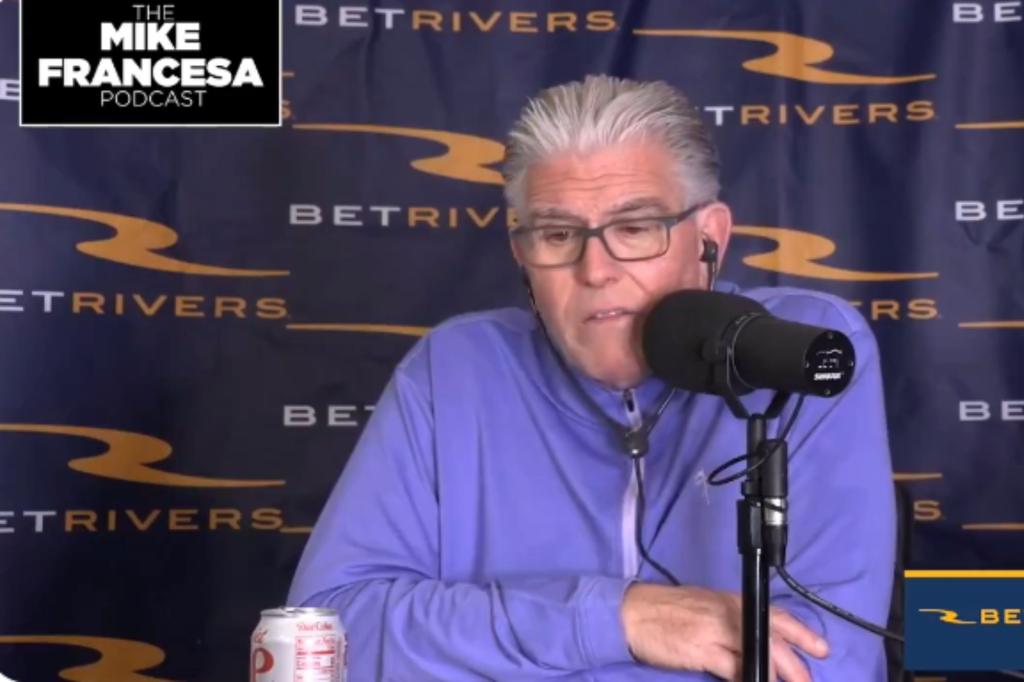Veteran sports broadcaster Mike Francesa has faced criticism after comments he made on his BetRivers podcast about relying on advice from his golf buddies for NHL playoff analysis. In a clip shared by the anonymous Twitter account BackAftaThis, Francesa admitted to not watching much hockey this season but mentioned getting insights from his friends during a golf outing. Despite their predictions favoring teams like the Rangers and Hurricanes, Francesa faced backlash, with BackAftaThis poking fun at his unorthodox analysis method.
In the clip, Francesa’s golf buddies allegedly told him that the Rangers would easily defeat the Capitals and that the Hurricanes had a strong chance of beating both the Islanders and the Rangers. They also reportedly favored the Florida Panthers and the Edmonton Oilers in the playoffs. Francesa defended his reliance on his friends’ opinions, stating that their knowledge came from over 30 years of NHL experience. However, this explanation did not placate critics who mocked Francesa’s lack of personal involvement in watching the games firsthand.
Despite the controversy, Francesa rarely responds to online criticism. In this instance, he felt compelled to clarify that he was not using random fans from his country club as his proxy for hockey analysis. The situation highlighted the difficulty of balancing sports commentary with personal experience, especially in a fast-paced industry like broadcasting. The criticism directed towards Francesa also reflected the expectations that fans have for their favorite analysts to provide informed and insightful perspectives on the games.
Francesa’s comments about the NHL playoffs revealed the challenges of maintaining credibility and expertise in the sports broadcasting world. While his golf buddies’ predictions may have been accurate to some extent, the manner in which Francesa presented their insights raised questions about the value of his analysis. The incident also shed light on the evolving landscape of sports media, where social media platforms like Twitter play a significant role in shaping public opinion and holding personalities accountable for their statements.
As Francesa faces scrutiny for his unconventional approach to hockey analysis, it remains to be seen how this incident will impact his reputation among fans and colleagues. The debate surrounding his credibility as a sports broadcaster underscores the importance of authenticity and firsthand experience in providing meaningful insights to audiences. Moving forward, Francesa may need to reassess his methods of gathering information and presenting his opinions to ensure that they reflect a deeper understanding of the games he covers. Ultimately, the incident serves as a reminder of the challenges and responsibilities that come with being a sports media personality in the digital age.


